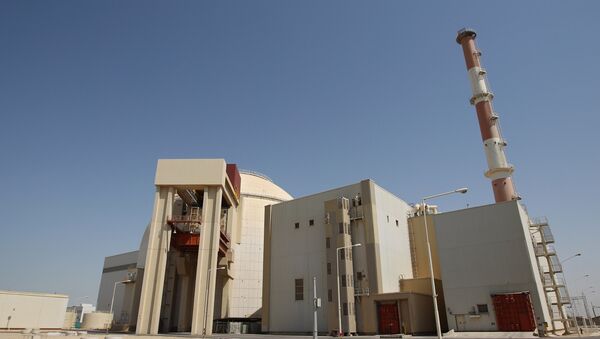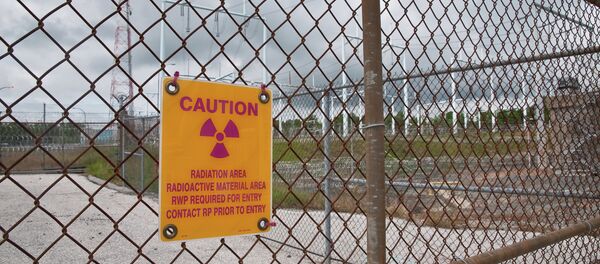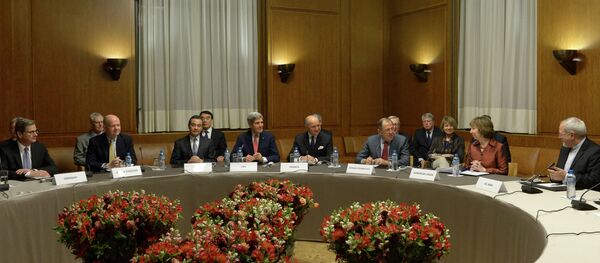“Banking Committee has approved legislation in a bipartisan manner that would impose additional sanctions should Iran fails to reach an agreement by the negotiating deadline,” the committee’s Chairman Senator Richard Shelby of Alabama said, following the approval of the bill. “It is clear that further action is necessary to compel Iran to reach an acceptable agreement, which is why I strongly support this critical bill.”
“With an overwhelming 18-to-4 bipartisan vote, the Senate Banking Committee today showed that the Senate stands ready to pass the Kirk-Menendez legislation,” Republican Senator Mark Kirk of Illinois said in a statement, following the passage of the bill. “Now is the time to stop Iran from getting nuclear weapons and launching a nuclear war in the Middle East.”
The Kirk-Menendez bill of 2014, the Nuclear Free Iran Act, received bipartisan support in the Senate from nearly 60 US senators, according to the congressional record. The Senate Banking Committee also held a hearing on Tuesday to explore the implications of new sanctions on Iran.
The Obama administration has warned that new Iran sanctions, imposed by the US Congress, would be counterproductive to the nuclear negotiations and has threatened to veto any legislation from Capitol Hill that calls for new Iran sanctions.
In November 2013, Iran and the P5+1 group, which includes China, Russia, the United States, the United Kingdom, France and Germany, started negotiations on an agreement that would guarantee the exclusively peaceful nature of Tehran’s nuclear program in exchange for the lifting of sanctions on Iran. The talks resulted in an interim agreement.
A year later, the talks between the P5+1 powers and Iran resumed. However, no final agreement on the Iran’s uranium enrichment program was signed by the November 24 deadline and talks then were extended until June 2015.




